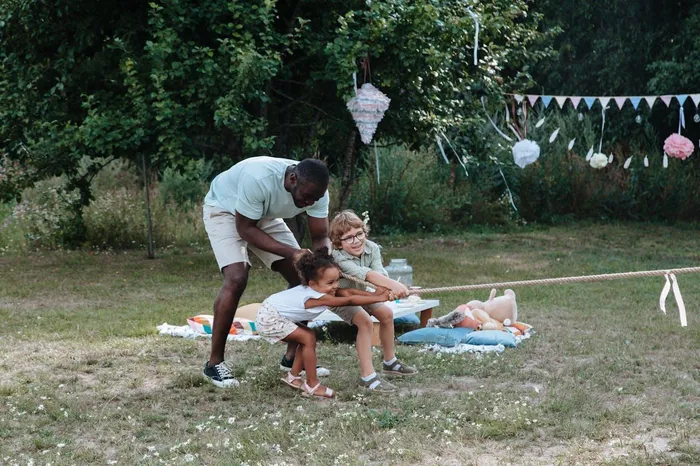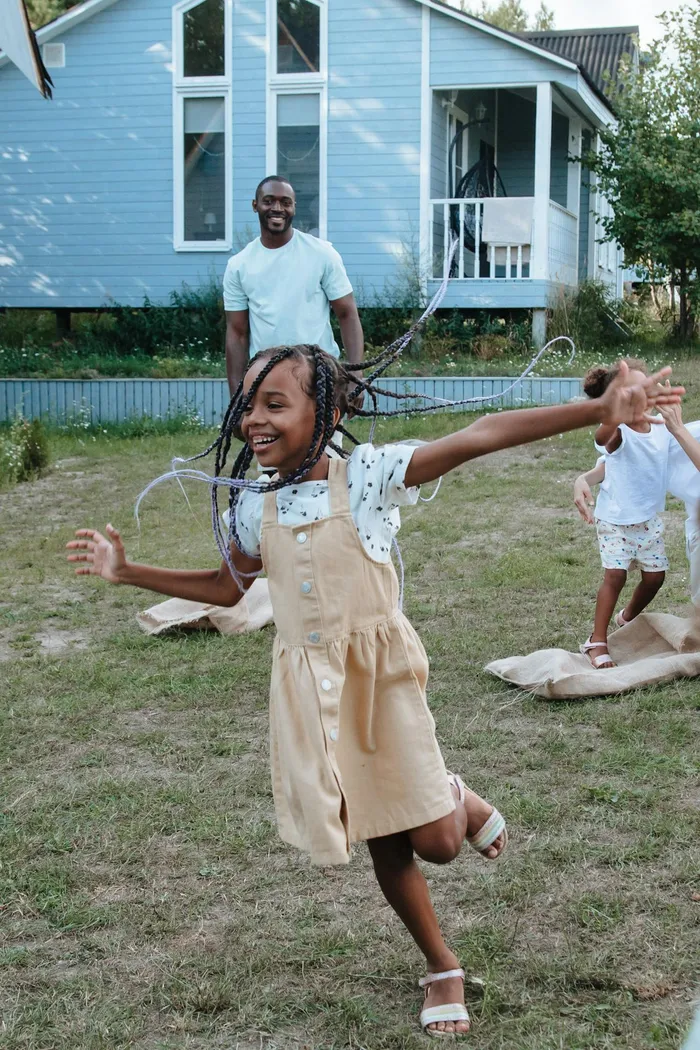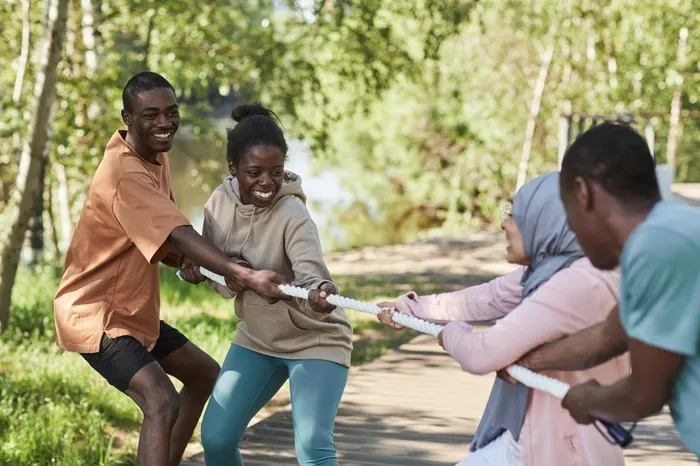
Play, especially the unstructured, imaginative kind, is not just a pastime for children, it’s a cornerstone of social, emotional, and cognitive development.
Image: Ron Lach/pexels
Could the key to a more fulfilled, joyful, and productive adult life lie in something as simple as childhood play? Research suggests so.
Play, especially the unstructured, imaginative kind, is not just a pastime for children, it’s a cornerstone of social, emotional and cognitive development. But here’s the twist: its benefits don’t stop at childhood.
As adults, we often undervalue play, but embracing it could unlock creativity, reduce stress and even strengthen relationships.
The science of play: why it matters
Play is more than just fun, it’s fundamental. For children, free play fosters growth on every level. Studies reveal that children who engage in unstructured, imaginative play develop stronger social skills, better emotional regulation and sharper cognitive abilities.

Play is more than just fun, it’s fundamental. For children, free play fosters growth on every level.
Image: Ron Lach /pexels
When children play, they’re not merely passing time; they’re learning to navigate the world.
Research published in "Pediatrics" also highlights that short play breaks during the school day boost kids’ focus and improve learning outcomes. This is because play stimulates mental flexibility and creativity, two essential skills for problem-solving and innovation.
Vigorous play activates genes in the brain that promote the growth of new neural connections, according to a study in "Frontiers in Psychology".
Imaginative or pretend play, in particular, has been linked to increased cognitive flexibility, empathy and emotional intelligence. These traits don’t just make for better learners, they lay the groundwork for resilient, adaptable adults.
How play shapes learning
Play is a child’s most effective teacher. Activities like building blocks, make-believe games or chasing friends on the playground teach problem-solving, teamwork and self-expression. These are the very skills that translate into success in adulthood.
Researchers have identified distinct types of play that shape development:
Each type of play builds critical “soft skills” that are invaluable not just in childhood but throughout life.

Studies show that adults who engage in playful activities , experience profound mental and emotional benefits.
Image: Edmond Dantes/pexels
Why adults need play, too
Here’s the catch: while play is universally recognised as crucial for children, adults often dismiss it as frivolous.
The reality is quite the opposite. Studies show that adults who engage in playful activities, whether it’s a game of frisbee, solving puzzles, or simply joking around with friends, experience profound mental and emotional benefits.
Play enhances cognitive flexibility, sharpens memory, and reduces stress. It also promotes optimism, which, according to research from the Mayo Clinic, is linked to better health and longer life.
Even more fascinating, play can strengthen relationships by signalling approachability and fostering trust, a critical social skill in both personal and professional settings.
The consequences of play-deprived adults
Unfortunately, many adults abandon play as they age. Why? The pressures of careers, parenting, and societal expectations often label play as “childish” or unproductive. This mindset is detrimental. A study in the "American Journal of Play" found that adults who neglect play are more prone to burnout, stress, and even depression.
Ironically, the very responsibilities that crowd out play, work, relationships and parenting are the areas that benefit most from it. Playful adults are better equipped to handle stress, think creatively, and connect with others.
Playfulness is innate. While adults may suppress it, they never truly lose it. Reconnecting with play doesn’t require elaborate plans or expensive hobbies.
Start small:
1. Rediscover hobbies: Whether it’s painting, gardening, or playing an instrument, hobbies reignite creativity.
2. Play with kids: Children have a natural knack for play. Join their games and let their imagination inspire you.
3. Social games: Board games, trivia nights, or sports can strengthen bonds and spark joy.
4. Explore new environments: Travel or even a change of scenery can awaken your sense of wonder and playfulness. Society plays a role, too.
Organisations that encourage creativity and play in the workplace see happier, more engaged employees. Likewise, communities that prioritise leisure and recreation foster healthier, more connected populations.
The benefits of play are as vast as they are profound. For children, it’s the foundation of learning and emotional resilience. For adults, it’s a powerful antidote to stress, a tool for creativity, and a gateway to deeper connections.
In a culture that glorifies productivity, reclaiming play might feel counterintuitive, but it’s exactly what we need. By embracing play, we not only nurture our well-being but also set an example for future generations.
As Dr Stuart Brown, founder of the National Institute for Play, famously said: “The opposite of play is not work, it’s depression.”